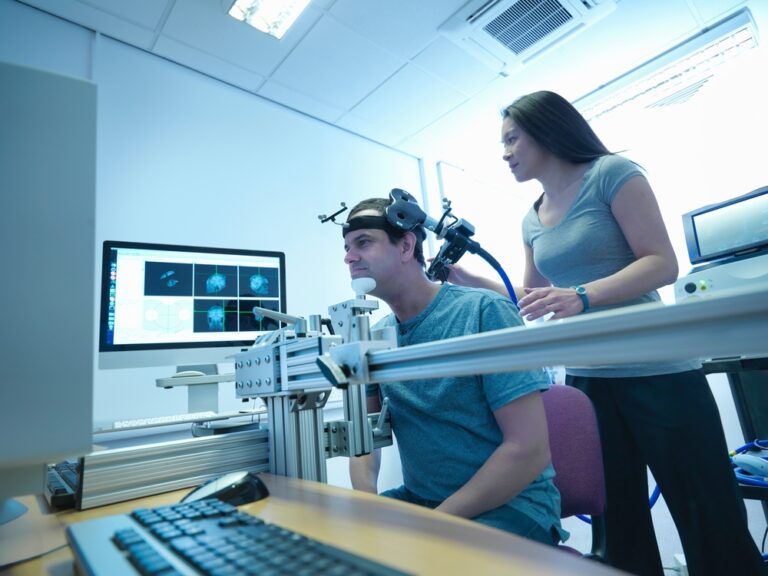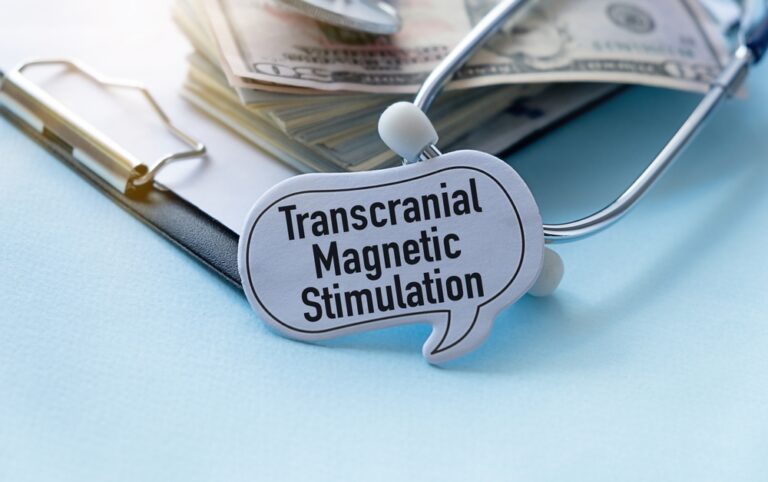When you break an arm, the path from treatment to recovery is pretty black and white. First, you undergo an x-ray to confirm the severity of the injury. If surgery is ruled out, your arm is set by your doctor and placed in a cast so it can heal.
Unfortunately, not all treatment and recovery scenarios are this clear cut. If your loved one is struggling with an addiction and/or a mental health disorder, the decision for treatment is a little grayer. You might be stuck with a “chicken or egg” debate in your head. A mental health disorder could be causing your loved one to use drugs or alcohol to self-medicate, or their addiction could be the root cause for the mental health symptoms they’re experiencing.
How do you decide which treatment option is the best for your loved one? We’re help to help you learn how addiction and mental health impact each other and the best course of treatment for both.
When a Mental Health Disorder Comes First
According to the American Journal of Psychiatry, many people with mental health disorders use drugs and alcohol as a way to cope. Your loved one might even choose the substance based on how it interacts with their mental health disorder. For example, someone suffering from depression might abuse cocaine for the boost to their mood and energy.
Take some time to consider your loved one’s behavior and history with mental illness. Was your loved one diagnosed with a mental health disorder before they started abusing drugs or alcohol? If they didn’t receive a diagnosis, were there signs of depression or anxiety before their addiction?
While drugs and alcohol can relieve mental health symptoms in the short-term, they’re doing your loved one more harm than good. Many substances can have a lasting impact on brain chemistry if they’re abused for a long period of time. For example, heroin can severely reduce the amount of dopamine your loved one’s brain produces, which can further escalate anxiety and depression symptoms.
When a Drug or Alcohol Addiction Comes First
Did you know that a drug or alcohol addiction has the potential to cause or make mental health disorders worse? A common scenario is when an individual who is struggling with minor depression or anxiety symptoms turns to substance abuse. While their mental health symptoms were few and far between, substance abuse can change that.
Drugs and alcohol can throw off the brain’s natural production of neurochemicals like serotonin and dopamine. These chemicals help regulate your loved one’s mood when left to function normally. However, substance abuse floods the brain with unnatural levels of these neurotransmitters, triggering an unsustainable high. Once your loved one comes down from that high, they’re left feeling worse than they did before.
Constant substance abuse causes your loved one’s brain to rely on alcohol or drugs in order to function properly and ultimately triggers more intense mental health symptoms.
The Benefits of Dual Diagnosis Treatment
No matter if it’s the addiction or mental health disorder that came first, your loved one requires dual diagnosis treatment. Dual diagnosis treatment combines some of the most successful parts of mental health care with evidence-based treatments for addiction.
This approach can identify and assess your loved one’s mental health condition and get them on a recovery path that targets both their substance abuse and mental health disorder. As a result, your loved one can experience the following benefits:
- Increased comfort and peace of mind as both their addiction and mental health are treated simultaneously.
- More personalized treatment that targets your loved one’s unique triggers and history with addiction and mental health.
- A lower risk of relapse, since your loved one will learn how to manage their cravings and better handle their mental health disorder.
Help Your Loved One Find Healing at Fountain Hills Recovery
Fountain Hills Recovery is a premier luxury addiction and mental health treatment center in Arizona. We’re known for our expertise in treating addiction and mental health disorders through our continuum of care and dual diagnosis treatment approach.
We’ll help you determine the right level of care for your loved one, then guide them through treatment in a compassionate and nonjudgmental manner. It’s our mission to provide your loved one the treatment they need to achieve and maintain long-term recovery.
Contact our team today to learn more about how we can help your loved one with their dual diagnosis disorder.




